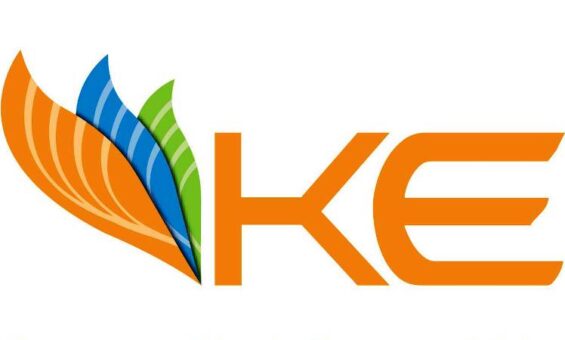K-Electric, the primary electric power supplier for Karachi, reported a significant reduction in net profits due to an increased tax burden during the first half of the fiscal year 2019/2020.
According to the latest financial results submitted to the Pakistan Stock Exchange (PSX) on Tuesday, the company’s profit dropped by approximately 48 percent as a result of escalated tax liabilities.
During the period from July to December 2019, K-Electric paid a substantial Rs2.02 billion in taxes, a stark increase from Rs710 million paid during the same period in the previous year. The breakdown of the tax payments reveals that Rs1.61 billion constituted the current liability, while an additional Rs407 million was accounted for as deferred tax.
This increased tax expenditure brought down the company’s net profits to Rs2.79 billion, down from Rs5.34 billion reported in the corresponding half of the last fiscal year. Despite this downturn, K-Electric’s total revenue saw a notable increase, rising from Rs145.44 billion in the latter half of 2018 to Rs158.38 billion in the same period of 2019.
The utility company’s revenue from the sale of energy surged to Rs106 billion up from Rs97.51 billion, while revenue derived from tariff adjustments climbed to Rs52.59 billion from Rs47.93 billion, evidencing robust operational growth. However, this was offset by the increased costs of energy purchase and generation/distribution, which escalated to Rs134 billion from Rs121 billion.
Gross profits marginally decreased to Rs24.23 billion during the reviewed half-year, down slightly from Rs24.31 billion in the same period the previous year. The net financial cost for the company also saw a dramatic increase, soaring to Rs12.86 billion from just Rs2.63 billion in the corresponding period of the last year, further impacting the bottom line.
The significant rise in taxes paid by K-Electric highlights the broader financial pressures faced by the energy sector, particularly in terms of fiscal obligations and operating costs. Analysts are closely monitoring how these financial dynamics might affect the company’s investment capabilities and pricing strategies in the near future.
As K-Electric navigates these financial challenges, the results have sparked discussions among stakeholders about potential impacts on consumer tariffs and the need for regulatory adjustments to support the sustainability of the power sector in Karachi. Industry experts and investors alike await the company’s strategy to balance operational demands with financial health in the upcoming fiscal periods.
